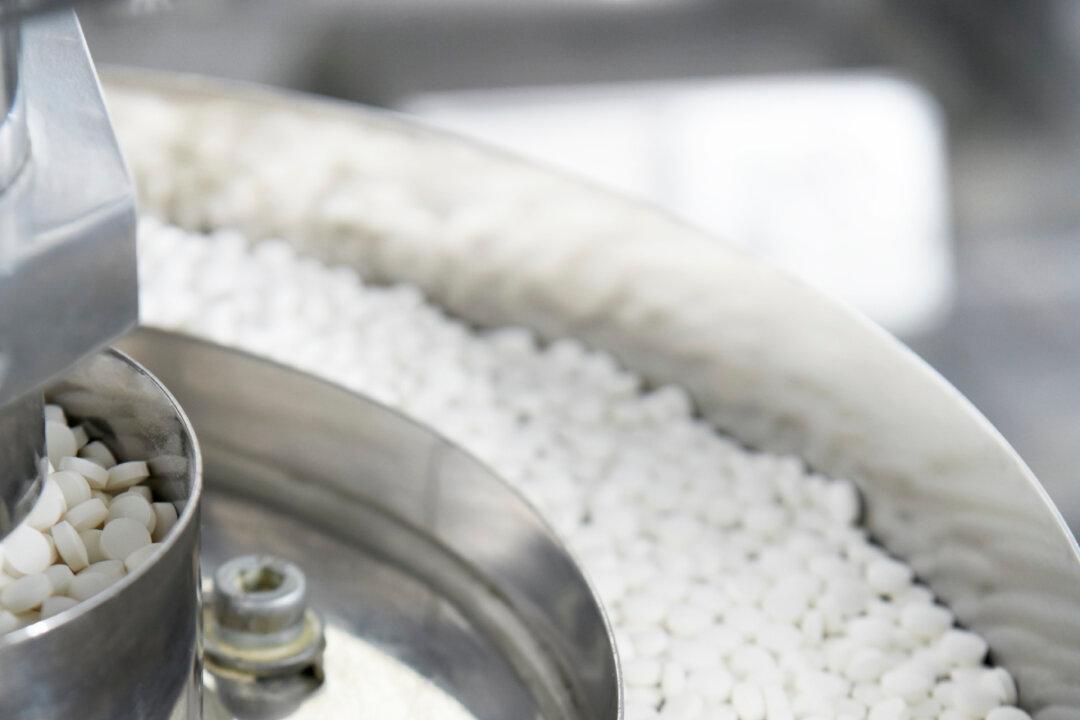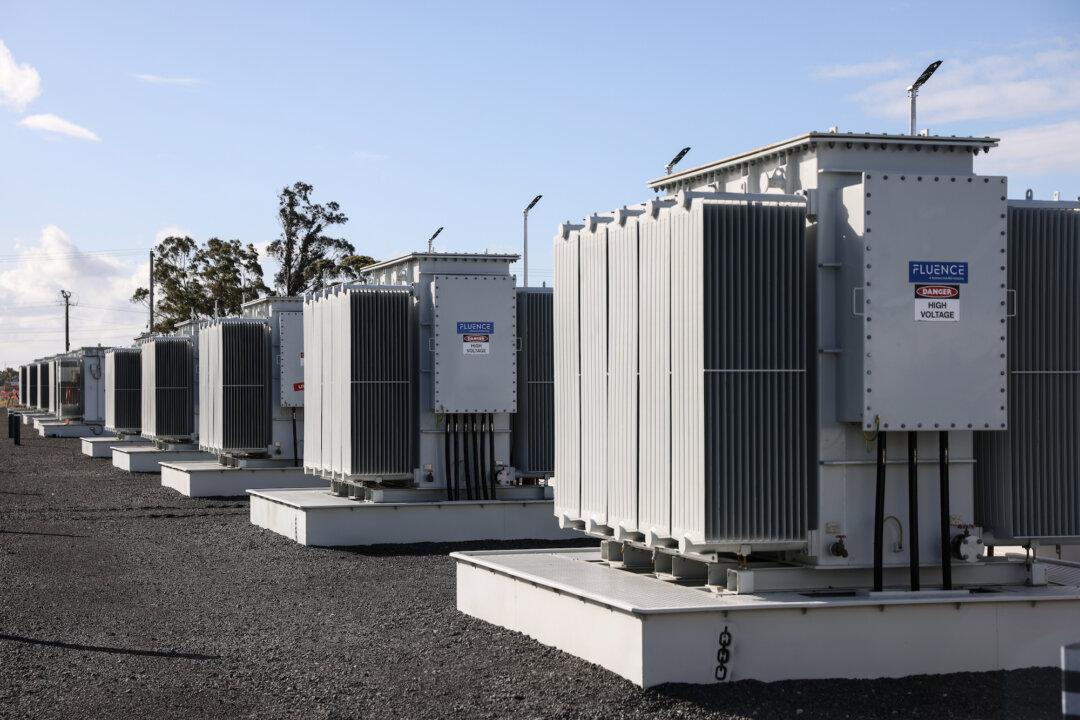Australia is set to begin manufacturing a number of life-saving medicines used to treat kidney disease and cancer.
Australian Prime Minister, Scott Morrison, said in a statement on April 3 that making crucial medicines domestically secures Australian access to treatment, increases local jobs and develops the nation’s skills.




